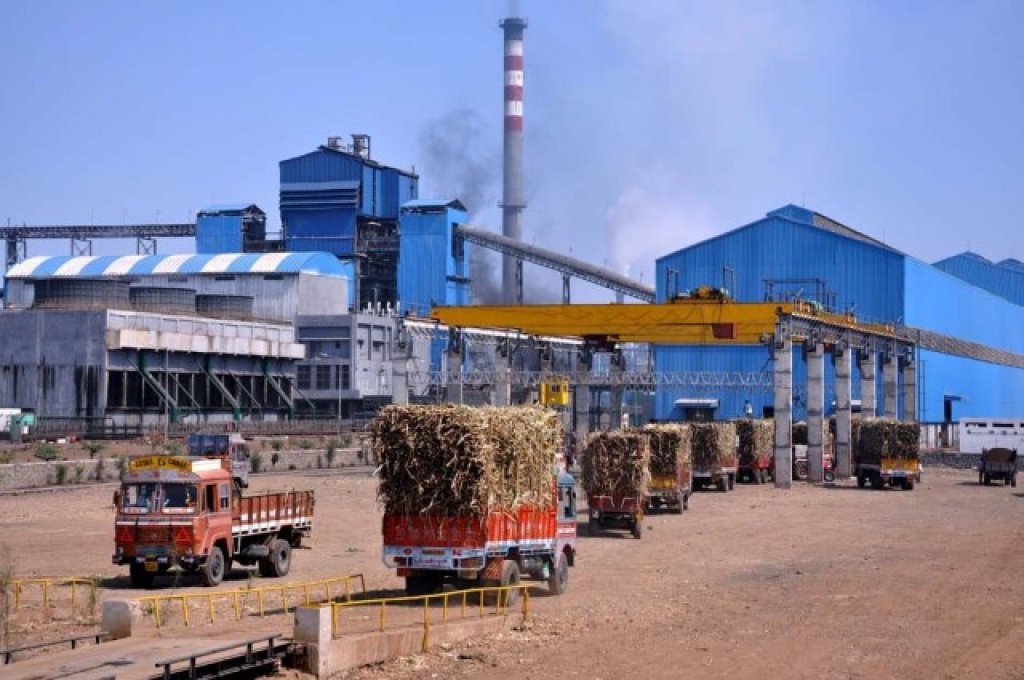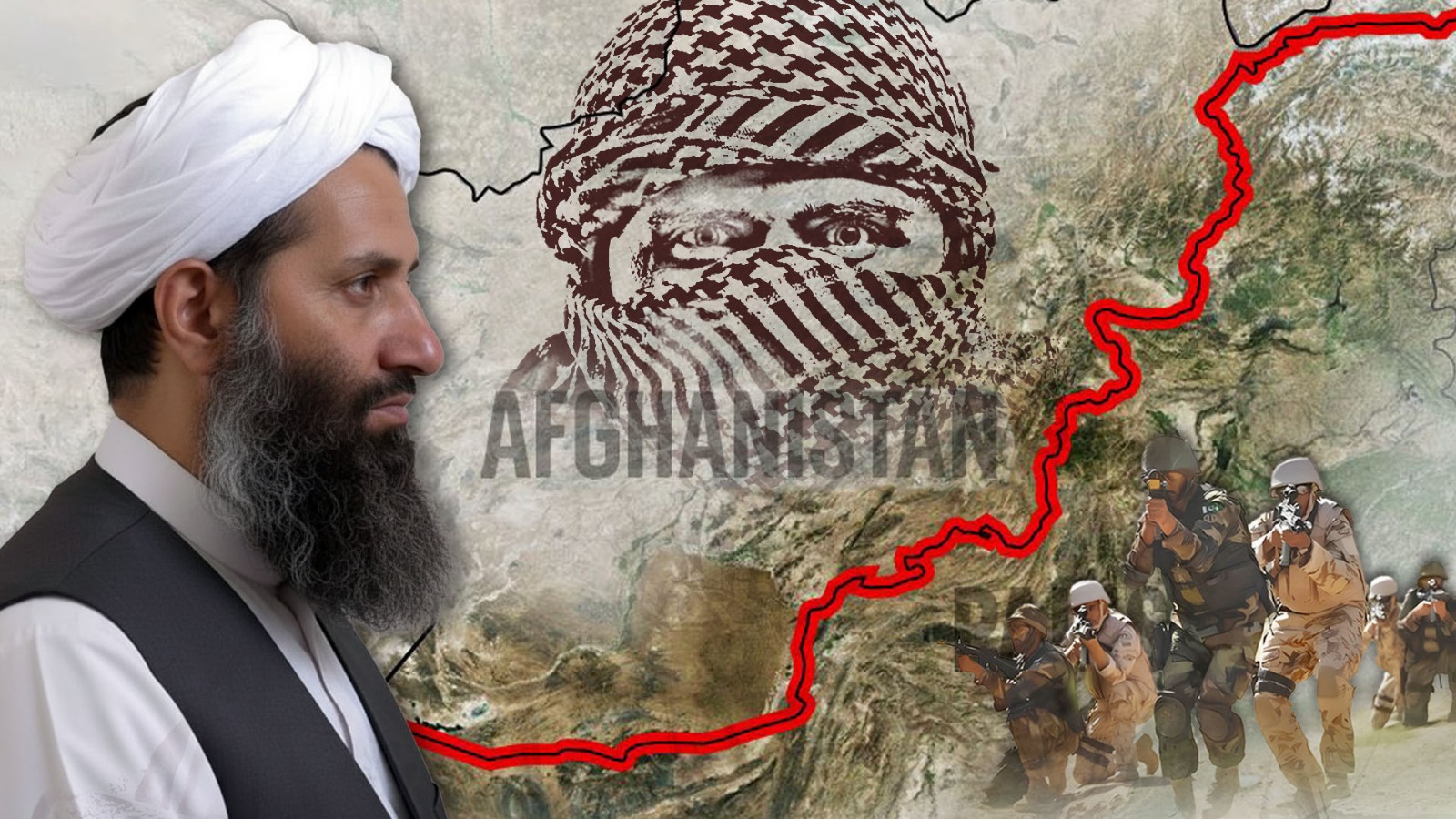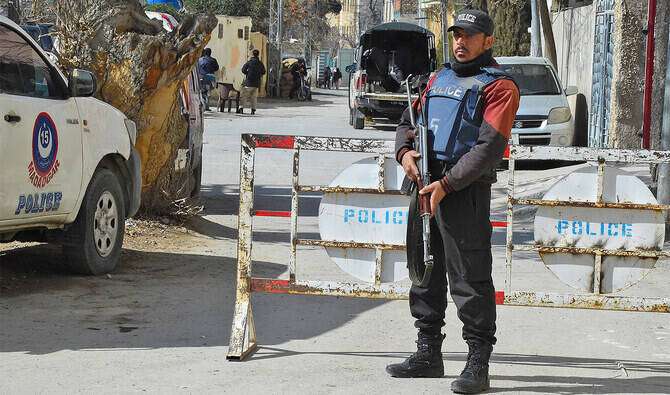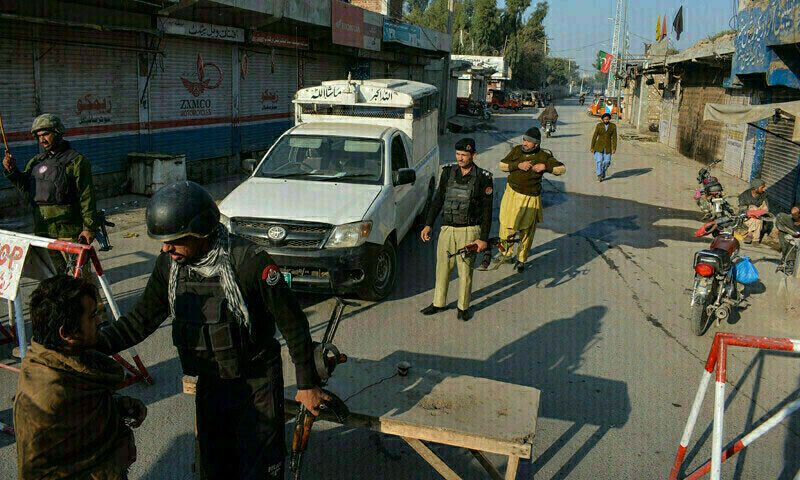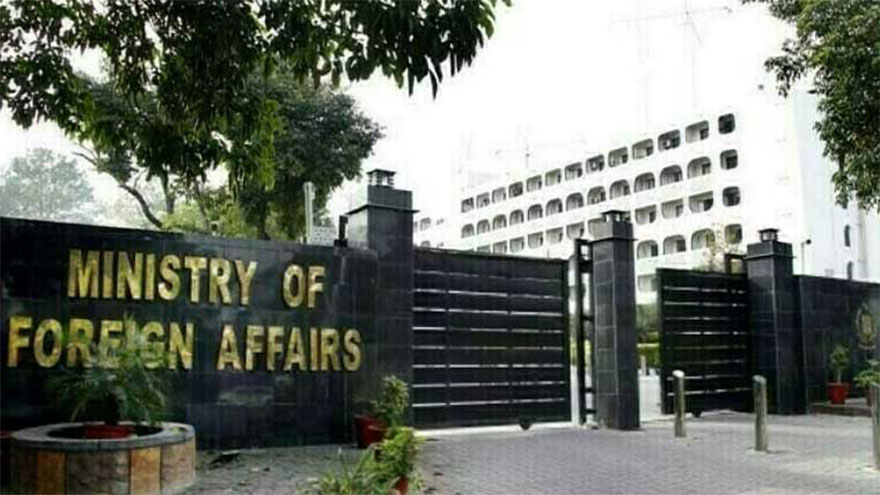The United Nations High Commissioner for Refugees (UNHCR) estimates that approximately three million Afghan refugees could return to their homeland this year.
This massive repatriation, largely driven by new policies in Iran and Pakistan affecting Afghan migrants, is straining Afghanistan’s already fragile humanitarian infrastructure.
Over 1.6 million Afghans have already returned from Iran and Pakistan in 2025, exceeding initial UNHCR projections. The influx, with over 30,000 people crossing the Islam Qala border daily (reaching 50,000 on July 4th), is described as “undignified, disorganized, and massive” by UNHCR representative Arafat Jamal in an AFP story. Many returnees report facing pressure, arrests, and expulsions from Iranian authorities.
Jamal highlighted the dire conditions faced by returning Afghans, describing them as “tired, disoriented, brutalised and often in despair.”
The UN is implementing emergency measures to bolster water, sanitation, vaccination, and nutrition services, aiming to assist 7,000 to 10,000 people daily.
Russia is the only country to have recognised the Taliban government in Afghanistan. Both Iran and Pakistan maintain a presence in Afghanistan but do not officially recognise the regime.


